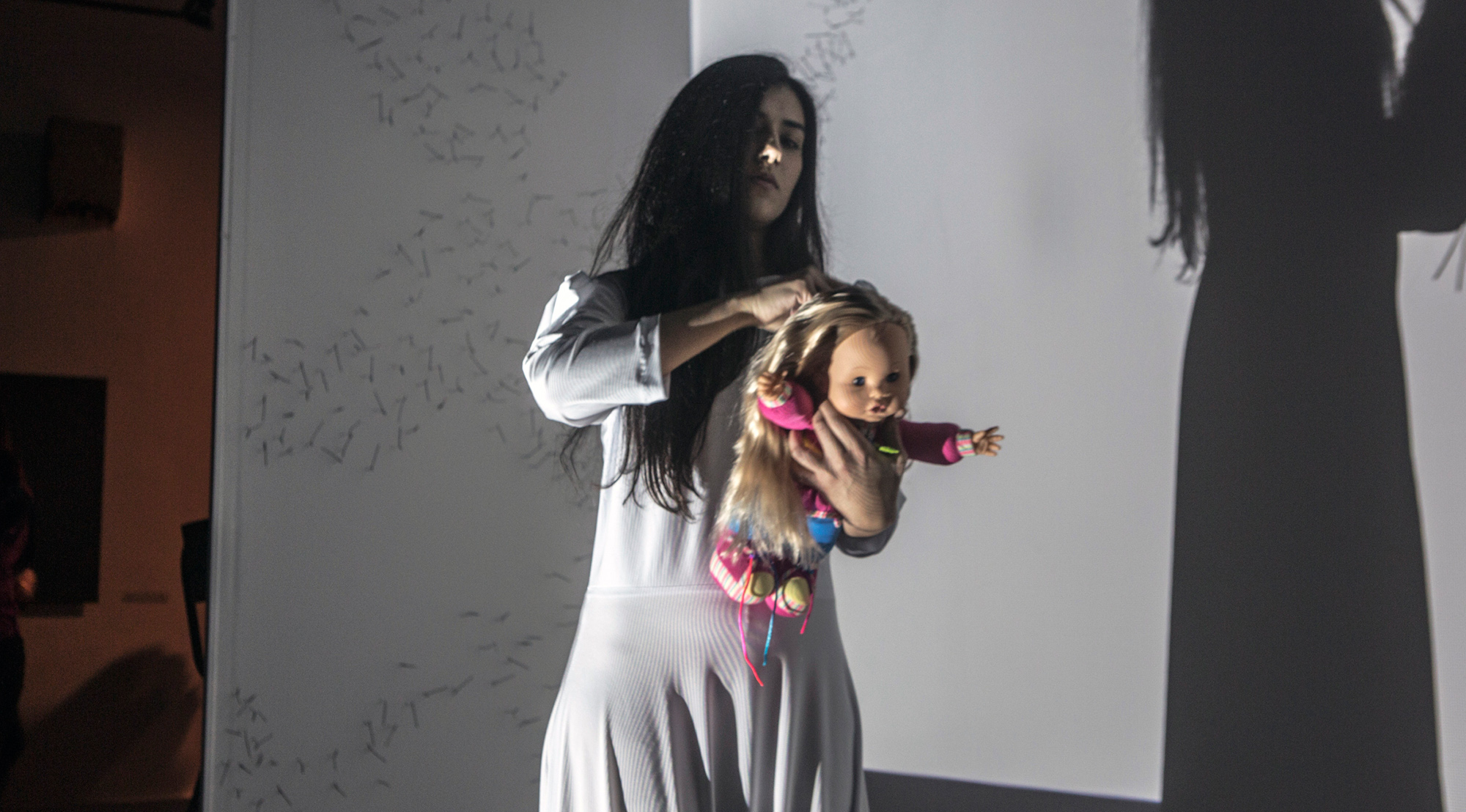The 2030 Agenda is an important reference framework for cfd’s domestic and foreign programs. Its message embodies cfd’s 80-year vision: “Leave no one behind.”
For cfd, gender equality is the key to achieving a positive peace. It is both the prerequisite and the goal: Without peace there is no gender equality, and without gender equality there is no peace. Therefore cfd focuses on both SDG 16 peace, justice, inclusive institutions as well as SDG 5 gender equality. For cfd, both are closely linked, as peace, justice and inclusion are only possible with gender equality.
According to cfd, the sub-objectives that are important to achieve from SDG 16 and SDG 5 include the following:
-Significantly reduce all forms of violence and related death rates everywhere (16.1)
– Ensure responsive, inclusive, participatory and representative decision-making at all levels (16.7)
– End all forms of discrimination against women and girls everywhere (5.1)
– Eliminate all forms of violence against all women and girls in the public and private spheres, including trafficking and sexual and other types of exploitation (5.2)
Cfd projects always contribute to both SDG 16 and 5. What does this mean exactly? Here are two examples from international collaboration:
In Israel, the project Kifaya – Enough! is helping to reduce gender-based violence. Women and girls affected by violence receive information, advice about how to protect themselves and legal aid. Young people, women’s groups and other social groups are made aware of violence using means such as an art exhibition.
In Algeria, the project Nashat – Action is helping to build a more inclusive society. It is encouraging young people to play a part in society. The aim of this is to strengthen their self-confidence and to teach them how to work on a joint project. They acquire knowledge about children’s and women’s rights, protection against violence and migration. It is about exchanging ideas. But it is also about taking responsibility and seeing yourself as an active and important member of society who can bring about change. The young people share this knowledge with their families and friendship groups and initiate a rethink among the members of their generation.
In the 2030 Agenda, all countries are requested to implement the 17 Sustainable Development Goals nationally and thus to overcome the major global challenges. The SDGs are therefore also part of domestic policy objectives. Cfd also contributes to SDG 16 and 5 with its projects in Switzerland. For example:
– Cfd is contributing to an inclusive society and to the end of discrimination against women and girls with the project “Career mentoring – female migrants networking in the world of work.” The mentoring project gives well-qualified female migrants better access to information and networking in the world of work. When searching for a job that suits their qualifications, they are closely guided and supported.
– The project “Civil society contribution to the implementation of the Swiss NAP 1325” aims to take into account the experiences and expertise of civil society in the official implementation of the Swiss NAP 1325. The main goal is the strengthening of gender-sensitive peace politics in Swiss domestic and foreign policy.
As a rich, globally connected country, Switzerland has a major responsibility towards implementing the 2030 Agenda. Cfd welcomes the coordination of the implementation of the 2030 Agenda by the government. We believe that it is essential that civil society participates in a way that is based on partnership. This is because NGOs already make a major and important contribution and can continue to do so. We also consider the inclusion of the gender category as critical to achieving peace, justice and inclusion.


